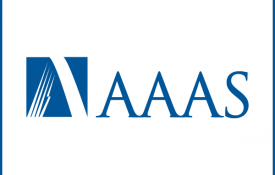-
A Neurobehavioral Approach to Addiction: Implications for the Opioid Epidemic and the Psychology of Addiction
Psychological Science in the Public Interest (Volume 20, Number 2) Read the Full Text (PDF, HTML) In recent years, heroin and other opioid fatalities have escalated to crisis proportions, intensifying the need for evidence-based recommendations for educational and policy campaigns to prevent abuse of opioids and other substances. Understanding the neurobiological mechanisms underlying drug-seeking behaviors is vital to creating these prevention campaigns. To fully provide a neurobehavioral view of addiction, it is important to answer two major questions: (a) why do people seek drugs in the first place?
-

Touting Flavor Before Nutrition Encourages Healthy Eating
Evocative labels such as “twisted citrus glazed carrots” and “ultimate chargrilled asparagus” can get people to eat more vegetables than they otherwise would—as long as the food is prepared flavorfully, a nationwide study shows.
-

Apply Your PhD as an AAAS Science & Technology Policy Fellow
Have a PhD in psychological science? Interested in shaping and developing policy? Then the American Association for the Advancement of Science (AAAS) Science & Technology Policy Fellowship (STPF) might be for you.
-

NIH Funding to Study Intersection of Sex and Gender on Health
The Office of Research on Women’s Health (ORWH) has announced a new funding opportunity to support study of the influence of sex and gender on health and disease.
-

High Wealth Inequality Linked With Greater Support for Populist Leaders
People who live or think they live in a more economically unequal society may be more supportive of a strong, even autocratic leader, a large-scale international study shows.
-

New Research From Clinical Psychological Science
A sample of research exploring interpretation bias in anxiety and depression, neural reward responsiveness in children with suicidal ideation, and eye movements and false-memory rates.

